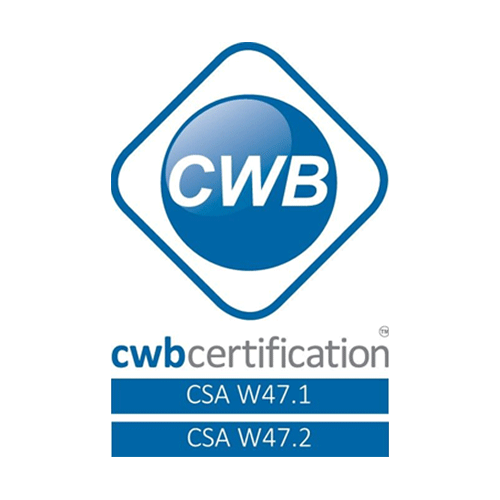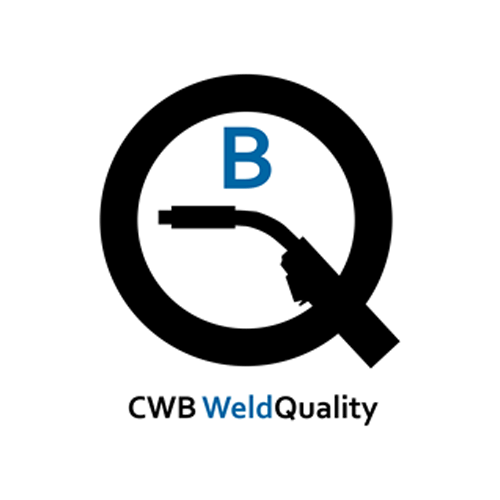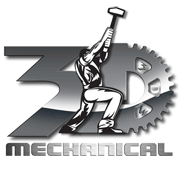
The Similarities
In Canada, CSA Standards W47.1 and W59 define the requirements for the certification of companies involved in welding steel, including qualification requirements for welders, welding procedures, and welding supervisory personnel. Weld quality, electrode/base metal matching per-qualified joints and weld design are also specified.
In the USA., AWS D1.1 “Structural Welding Code-Steel” defines the requirements for the qualifications of welders and welding procedures, weld quality, electrode/base metal matching, pre-qualified joints and weld design are also specified. Requirements in several areas including welder qualification, welding procedures, weld quality, electrode/base metal matching, pre-qualified joints and weld design are very similar but not identical in the two systems.
The Difference
Although technically similar, the key difference between the two systems is the requirement for 3rd party verification by the Canadian Welding Bureau (CWB)

What is the benefit of CWB Certification?
Unique to the Canadian system is the 3rd party verification requirement that is carried out by the CWB. A company certified by the CWB has all welder qualifications witnessed by and issued by the CWB. All welding procedures are reviewed and approved by the CWB, and welding supervisory personnel are tested by the CWB. The CWB process and certification provide an added level of confidence and assurance that the documentation, weld quality and knowledge level of fabricators are independently verified against the requirements of the standards and thereby minimize liability risk. It should be noted that numerous jurisdictions in the US have accepted certification by the CWB as an acceptable alternative to “special inspections”. A current list of these jurisdictions is available at www.cwbgroup.org or by calling the CWB at 1-800-844-6790.
